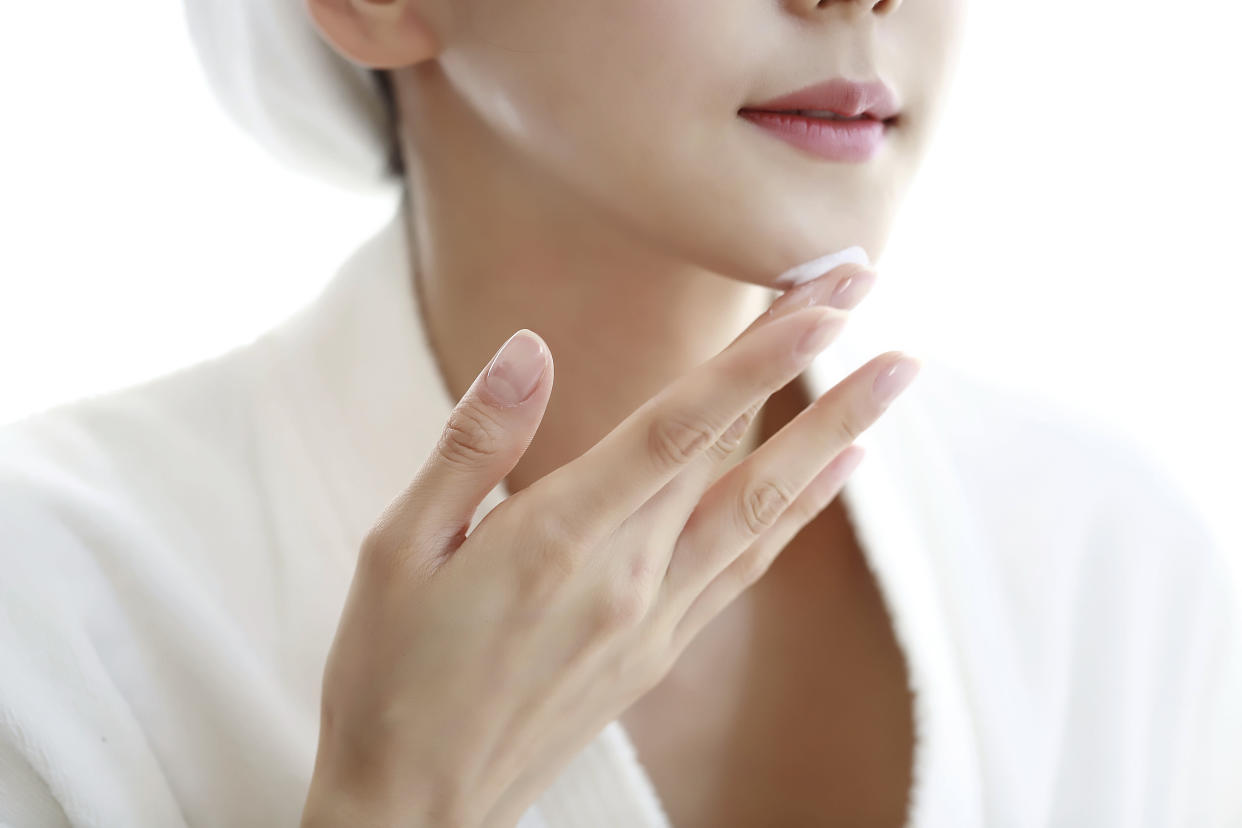The most damaging skincare mistake almost everyone makes: It’s not skipping sunscreen

Having worked as a beauty editor for many years, my conversations with friends and acquaintances almost always touch on beauty products and beauty trends. When someone asks for a product recommendation, I would naturally ask her about her skin type and concerns. Almost always, the individual would begin her reply with, “I think…”, or “my skin should be…”, etc. Nobody seems to be entirely sure. Those who are sure of their skin tend to get confused after I asked a few more follow-up, skin-type-related questions.
READ MORE:
Hair Removal 101: Where to Go for Waxing, IPL and Sugaring in Singapore
Net-A-Porter just launched all of your favourite Instagram brands
Celebs in Singapore wish their moms Happy Mother's Day
Understand your complexion: Skin type and skin conditions
It’s easy to get confused about our skin. Most women remember what their skin type were when they first started using skincare in their 20s, where the skin is generally good and not burdened with any or many concerns, and many simply stuck to that first skin evaluation.
The thing is, the skin changes as we age. Your skin type, whether it’s normal, dry, combination or oily, is genetic and doesn’t change. Our skin condition(s) can change due to various factors like hormonal fluctuation, climate changes, environmental damage, topical product use, medication and lifestyle habits.
For instance, someone born with normal skin can start to experience skin sensitivity if that person is often out in the sun without sunscreen. Another individual could develop oiler skin and get pimple breakouts after puberty or giving birth due to hormonal fluctuations, and that oiliness and acne can go away when hormones are balanced out.
Some examples of skin concerns include fine lines, wrinkles, sagging, acne, hyperpigmentation, dehydration (not to be confused with dry skin), redness, itchiness, clogged pores, under-eye dark circles, puffiness and eye bags. And you can have one or more of these skin concerns, no matter your skin type.
If you are unsure about your skin type and condition, then the skincare products you have been committed to could be doing more harm than good. So, before you blame another skincare product for your skin woes, get your skin checked out.

Don’t rely on self analysis
There are several ways to get your skin checked out. You can use your personal eye power to self analyse, do online Q&As, get checked by beauty advisors at beauty counters - with or without skin analysis machines, get assessed by estheticians during your face treatments, or analysed by doctors using their in-clinic skin-analysing machines (these include dermatologists, and general practitioners with an interest in dermatology, who are usually the doctors who work at aesthetic clinics).
Non-machine skin assessments are able to provide you with a general idea of the going-ons on the skin surface. These may not be 100% accurate as there is a lot of guesswork involved. Think human error: If my T-zone is obviously oily and the rest of my face becomes slightly oily at the end of the day, does that mean I have combination or oily skin, or is my skin in between?
Getting your skin checked by aestheticians and doctors is a great idea because they see a lot of people every day and have more time to assess and understand your skin (over the facial session or doctor’s appointment) than beauty advisors at the counters.

Bye Guesswork, hello machines
Some of these beauty salons like AsterSpring and DrSpa, and medical clinics such as NU.U Aesthetics and Wellness Clinic also offer detailed skin diagnostic tests with their skin analysis machines. However, if you only want to get your skin checked and not get a face treatment, you may want to skip the salons and clinics.
The next best option is to get your skin checked at beauty counters that analyse your skin using a skin analysis machine. These skin checks are able to give you an in-depth assessment of your skin type, current conditions and possible skin issues in the future if you don’t alter your current routine and lifestyle. And they don’t cost a cent. Beauty counters that offer machine-based skin assessment services include Fancl, Ioma, Shiseido and SK-II, and you can also find such services at skincare boutiques such as the Derma Center (at Westgate) and The Skin Pharmacy.
As these services are free of charge, it is best to make an appointment or visit the counter during off-peak hours to make sure the beauty advisors have enough time to conduct your skin check and help you understand your skin.
However, if you have more serious skin issues like cystic acne or eczema, it is best that you also get a consultation with an experienced dermatologist as a thorough examination and documentation of your skin condition contribute to the total understanding of your skin.


